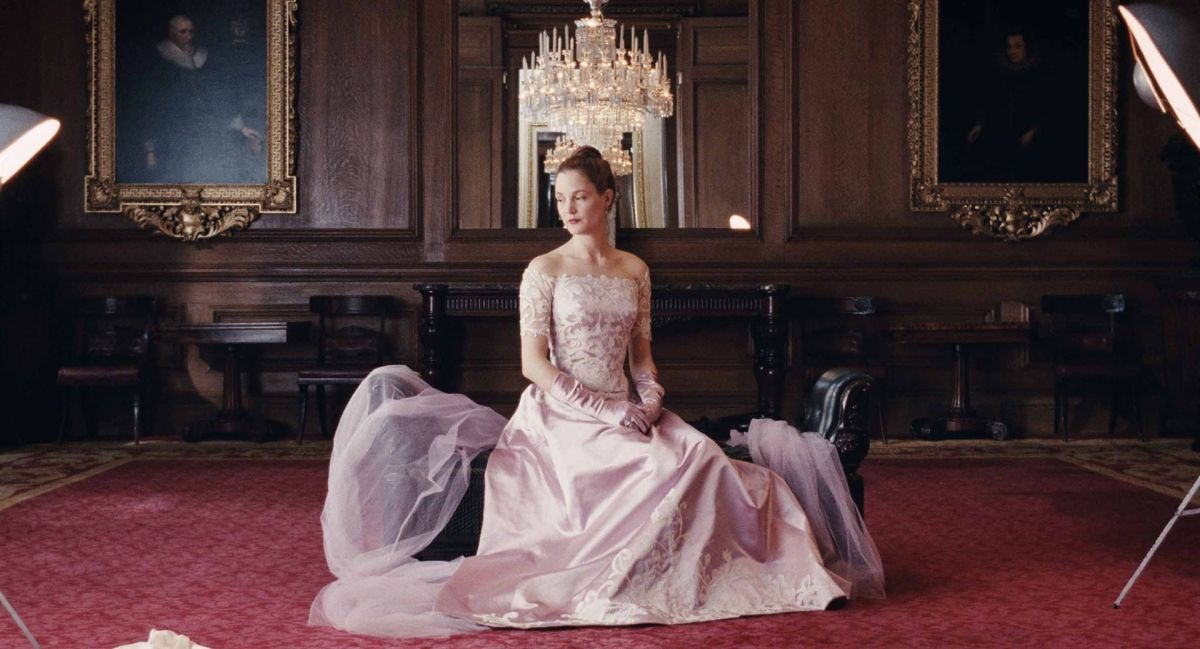Review: Phantom Thread
By Sharon Lim

Phantom Thread is a story of Reynolds Woodcock, we bow to the great Daniel Day-Lewis, and his muse, a fashion designer of the late 1950’s. Haute Couture fashion has just returned after the austerity of the World War II. The eternal bachelor, he lives a pleasure-driven life, going through a cycle of muses for his work. While driving fast cars and living in a luxurious townhouse, he makes dresses for the noble and wealthy. He does as he pleases — perhaps the ideal life that men wish for.
The film starts off with the end of his relationship with his former muse, Joanna. Awkward tension sets the scene. Immediately it shows the man’s coldness, his unemphatic ears to the girl’s plea for his love. His sister, Cyril, the stoic partner in crime in every sense of the phrase, suggests that he leave as she deals with Joanna. He then accelerates in his red convertible to the countryside where he finds himself another muse, Alma, and invites (traps) her in his manor of a townhouse, and he courts her with dresses and luxury that a girl cannot say no to.
And so it begins, the relationship between the two polar opposites. A waitress, represented by Vicky Krieps; a dutch actress with her first oscar nominated film, and the temperamental tailor. It was already obvious from the beginning that the new muse won’t last long in her position, that heartache will ensue. But in a film such as this, such a plot does not exist. There is the clash of personalities. The result of the controlling man who wants to be obeyed, not talked back to and her sense of entitlement and the respect she expects in return for loving him.
The conflict between the two lovers was entertaining as it was sad. Their respective obsessions, Alma’s for his love and his own for his craft, nothing comes close in comparison. Though confusing and frustrating, their relationship mutually benefited one another. In some sense, their dysfunctional love for each other filled their appetite. It is a drastic story of the toxicity of love and the harsh implications that come with it. It isn’t sweet or endearing as it is always perceived to be. Nor does it fulfils our expectation of what defines love.
The director, Paul Anderson, wrote, shot and directed the film. The second partnership between Daniel Day-Lewis and him since There Will Be Blood. This film is Daniel Day-Lewis’ apparent last performance of his lifetime.The set of the productions and intricate costumes contribute to the beauty of this film. The dialogue, the dark humour, the perversity of it, made it hard to stop watching. There was suspense in scenes that seemed appropriate when it shouldn’t.The built up of the tension partly complimented by the background music.
A piece of film that thwarts our expectations completely, it drags somewhere near the end, but honestly I’m nitpicking at this point. Not a love story, it is honest, bitter truth about love.
4/5







